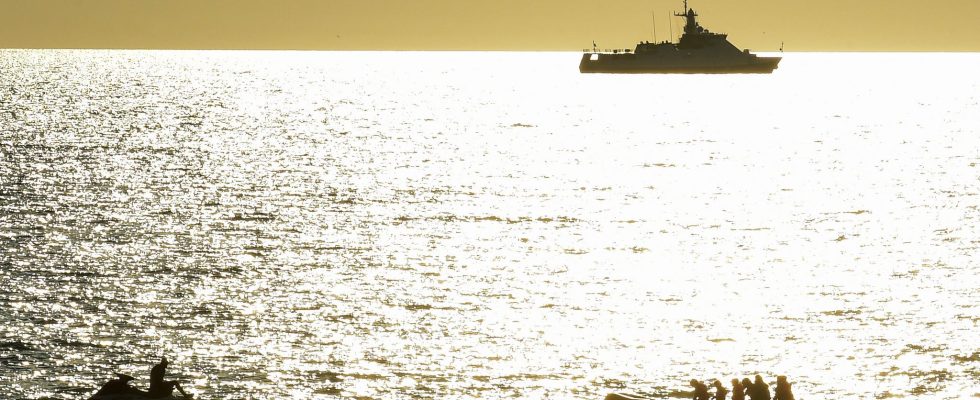Russian Defense Minister Sergei Shoigu announced on Friday April 14 the alert and surprise maneuvers of the Russian fleet in the Pacific, in a context of rapprochement with Beijing and tensions with Westerners. On the orders of President Vladimir Putin, Sergei Shoigu said that the Russian Pacific Fleet, based in Vladivostok, in the Far East, would work “at short notice” on combat training in “near and far” sea areas.
During the drills, the ships will practice “repelling massive air attacks”, “searching and destroying submarines”, as well as firing torpedoes, cannon and missiles, it said. Sergei Shoigu, during a meeting with high-ranking officers. According to the Minister, these maneuvers aim to “reinforce the capacities of the armed forces to repel an aggression”.
Consolidate Sino-Russian ties
Admiral Nikolai Evmenov, who heads the entire Russian fleet, will be responsible for supervising these exercises, Sergei Shoigu said. The spokesman for the Russian presidency, Dmitry Peskov, meanwhile assured that these surprise maneuvers were “not linked” to NATO’s presence in Asia-Pacific, where all eyes are on China and its American rival.
“It’s a usual, routine, army training, a development of our armed forces, an inspection of their combat readiness,” he said, adding that it is “not planned” currently that Vladimir Putin is attending. “The practice of unannounced inspections continues, it is usual, in recent years, they have taken place on a constant basis,” he added.
This announcement comes at a time when China, which regularly carries out joint military exercises with the Russian army – as in December 2022 – announced on Friday the visit to Russia of the Chinese Minister of Defense, from April 16 to 19 next. From March 20 to 22, Xi Jinping had already visited his “friend” Vladimir Putin, who had just been targeted by an arrest warrant from the International Criminal Court, a way of consolidating Sino-Russian ties while seeking to position himself as a mediator in the conflict.
“Beijing considers, like Moscow, that the war was provoked by Western countries in order to weaken Russia. And fears to be the next target, declared to L’Express Zhao Tong, researcher at the Carnegie Endowment for International Peace. Russia is China’s most important partner in this long-term campaign against the West.”
